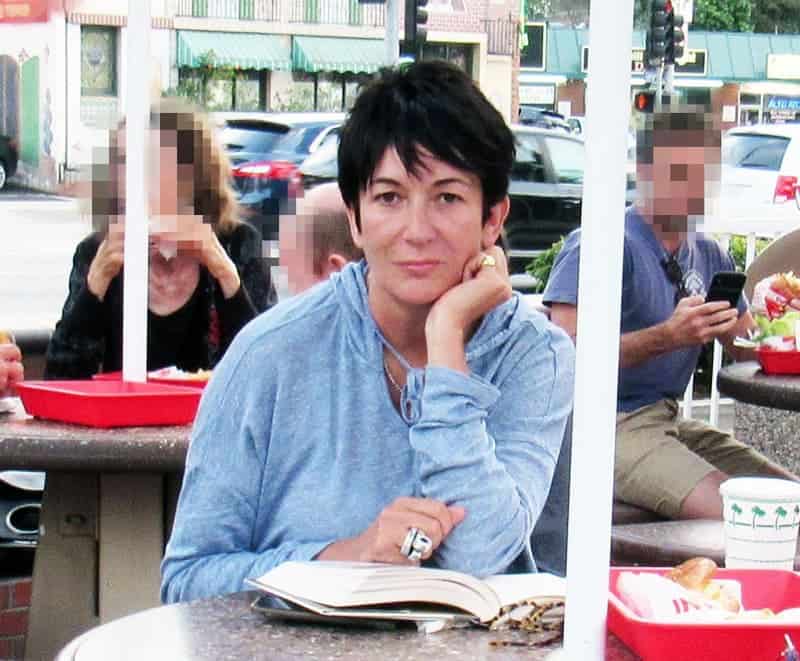Radar Online
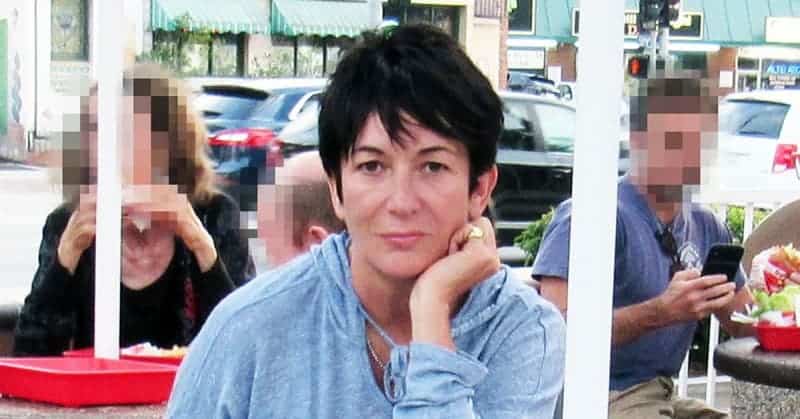
Many people will shrug their shoulders and denounce this commentary as conspiratorial.
But the fact is, after six days of testimony in the much-anticipated trial of Ghislaine Maxwell in a New York courtroom, the very valid question ought to be asked: Is the prosecution tanking the sex trafficking trial against the Parisian-born daughter of ex-British media tycoon Robert Maxwell?
The Southern District of New York is considered one of the toughest units of the Department of Justice. Known for being highly independent and nonpartisan, it has earned itself the moniker the “Sovereign District of New York.”
Its resources and accompanying FBI field office have given the SDNY a reputation for being exceptionally aggressive in its pursuit of criminals.
Why then was a larger and more substantial case against Maxwell — racketeering — overlooked in pursuit of a six-count federal indictment, which relates to accusations that she facilitated the sexual exploitation of girls for her longtime lover, the disgraced financier and sex offender Jeffrey Epstein.
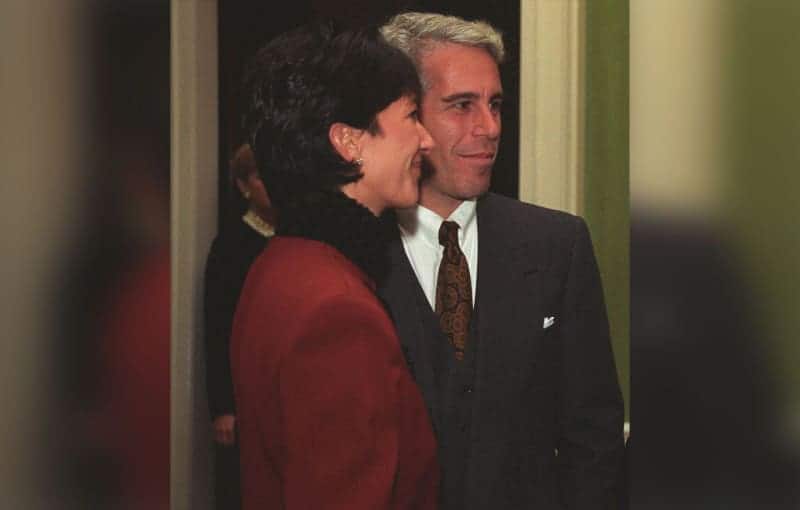
The six counts center on the accounts of four accusers. The charges against Maxwell include:
- One count of enticement of a minor to travel to engage in illegal sex acts, in which Ms. Maxwell is accused of coercing one girl — identified as Minor Victim 1 in charging documents — to travel from Florida to New York, between 1994 and 1997, to engage in sex acts with Mr. Epstein.
- One count of transportation of a minor with intent to engage in illegal sex acts, which accuses Ms. Maxwell of bringing the same girl from Florida to New York on numerous occasions.
- One count of sex trafficking of a minor, which charges that between 2001 and 2004, Ms. Maxwell recruited, enticed, and transported another girl — identified in the charges as Minor Victim 4 — to engage in at least one commercial sex act with Mr. Epstein.
- And three counts of conspiracy, which are related to the other counts. The conspiracy counts in the indictment are more expansive, involving all four accusers and homes in the United States and in London. These charges involve accusations that Ms. Maxwell worked with Mr. Epstein to secure underage girls for sex acts, for example, by encouraging one to give Mr. Epstein massages in London between 1994 and 1995.
If convicted, 59-year-old Maxwell will never see daylight again: Conspiracy to commit sex trafficking of minors carries a maximum 40-year sentence; the other charges have maximum penalties of five or 10 years.
It’s long been established that Maxwell and Epstein were not only partners—but also partners in crime. It is why, as part of Epstein’s 2008 conviction in Florida state court of procuring a child for prostitution and of soliciting a prostitute, Epstein sought out and received immunity for Maxwell and others from prosecution as it pertained to that case.
(Epstein had been charged with recruiting dozens of girls, some as young as 13, for massages and sex at his mansion in Palm Beach, Florida. Under a plea deal reached in 2007 with then-U.S. Attorney Alex Acosta, Epstein was given immunity from federal prosecution and pleaded guilty to the lesser state charges.)
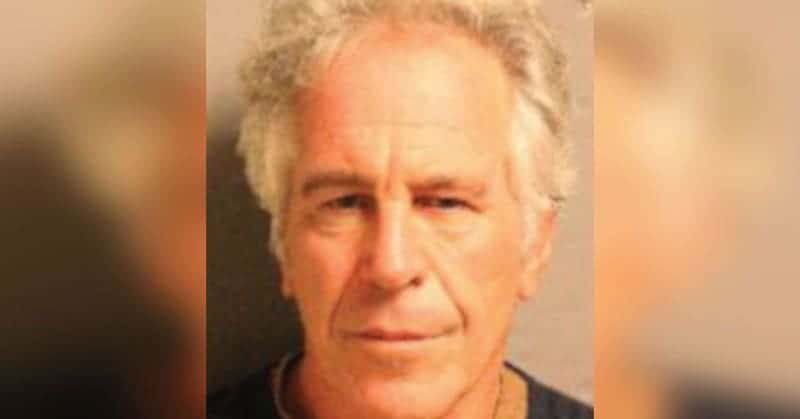
So, it’s not unreasonable to question why the prosecutors have yet to link a trove of evidence to its real purpose – kompromat — seized in a raid on Epstein’s Upper East Side mansions which the FBI and SDNY gloated about in 2019. The government introduced as evidence yesterday.
It yielded “an extraordinary volume of photographs of nude and partially-nude young women or girls,” they said, according to court filings at the time, which the SDNY introduced as a request to the court to hold the billionaire without bail until trial. (On August 10, 2019, Jeffrey Epstein died in jail. The verdict: suicide. The timing: convenient, to say the least.)
It said Epstein, a registered sex offender had “hundreds—and perhaps thousands—of sexually suggestive photographs of fully—or partially-nude—females.” Some of them appeared to be underage girls.
Some were in a locked safe that contained CDs labeled “Misc nudes 1,” and “Girl pics nude,” or even individual names, prosecutors said. They also found a massage table with sex toys.
What’s more, Epstein (and by virtue of the sex ring he ran, included others) had an “apparent previous willingness to obstruct a federal investigation, harass or tamper with witnesses, and hire private investigators that “forc[ed] off the road” the father of an individual relevant in the investigation.”
The wide consensus and evidence suggest that while Epstein and Maxwell were flying around the world on his private jet and hosting lavish parties inside Epstein’s palatial homes in New York, Paris, the U.S. Virgin Islands, Palm Beach, Florida, and Santa Fe, New Mexico, the pair was also was secretly masterminding an international child sex ring—one that may have involved the richest and most influential men in the world.
This, according to the FBI, was a “criminal enterprise.”
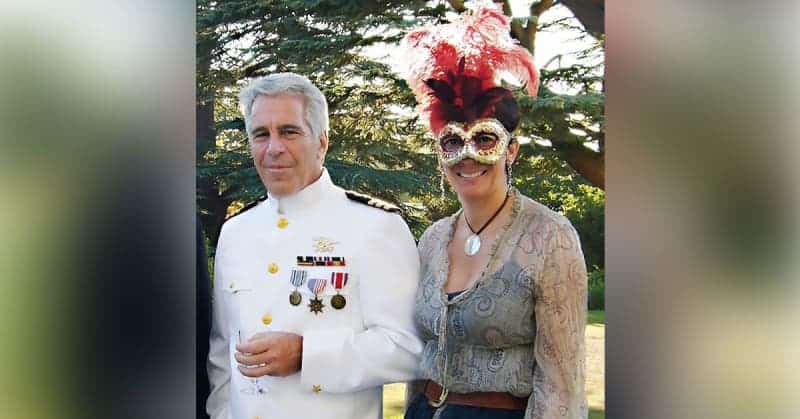
(When Dr. Kathleen Hawk Sawyer, the head of the Federal Bureau of Prisons, testified before the Senate Judiciary Committee in 2019, when she was probed about Epstein’s Aug. 10 suicide by hanging at the Metropolitan Correctional Center, she said: “If the FBI is involved, then they are looking at criminal enterprise, yes.”
So whatever happened to pursuing justice against that criminal enterprise?
What lies at the very heart of what’s left of this horrible case is how those involved were allowed to make it happen in the first instance—and that raises some critical questions.
Will we proceed with Maxwell’s trial without asking the reason behind why she allegedly procured these young women?
The answer is yes.
Why?
Because the fallout of exposing the “criminal enterprise” be considered too dangerous to the United States’ legislative, executive, intelligence, and judicial branches.
With the evidence of the criminal enterprise in mind, compare Epstein and Maxwell to the case of musician R. Kelly.
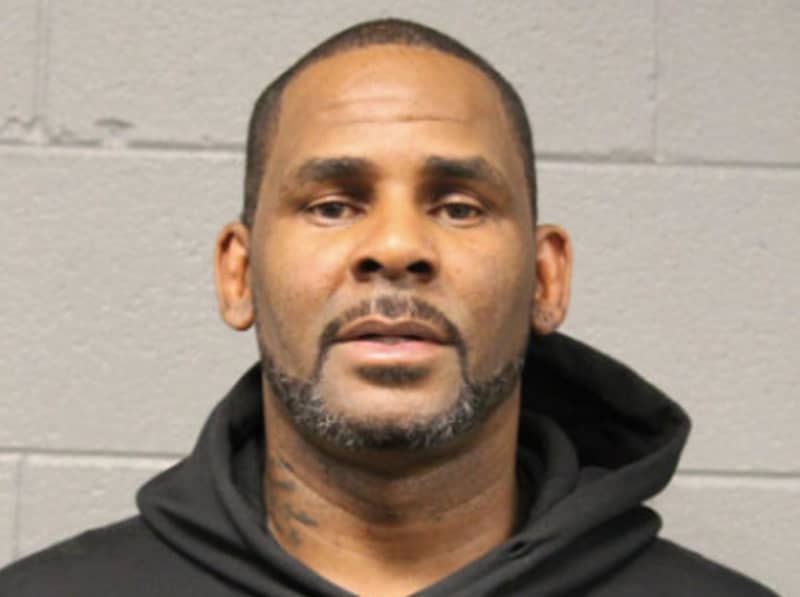
The multiplatinum R&B artist was found guilty of racketeering and sex trafficking for a scheme that, while equally as monstrous, did not involve nearly as many victims. He was convicted of one count of racketeering based on sexual exploitation of children, kidnapping, forced labor, and eight violations of the Mann Act, a sex-trafficking statute.
In that case, prosecutors said Kelly and his “inner circle” worked for more than two decades, in multiple states, to promote the singer’s brand, to recruit girls and young women for sexual exploitation, and to produce pornography.
Indeed, just two weeks ago, a top associate, Michael Williams, was sentenced to eight years in prison after intimidating an accuser in Kelly’s trial. In June 2020, he drove 200 miles to where one of Kelly’s accusers, known pseudonymously as “Jane,” was living, and set a car leased by Jane’s father on fire.
If R. Kelly was found to have run a criminal enterprise and suffered the full wrath of the law, Maxwell and what is left of the Epstein and Maxwell’s “criminal enterprise” should face the same fate.
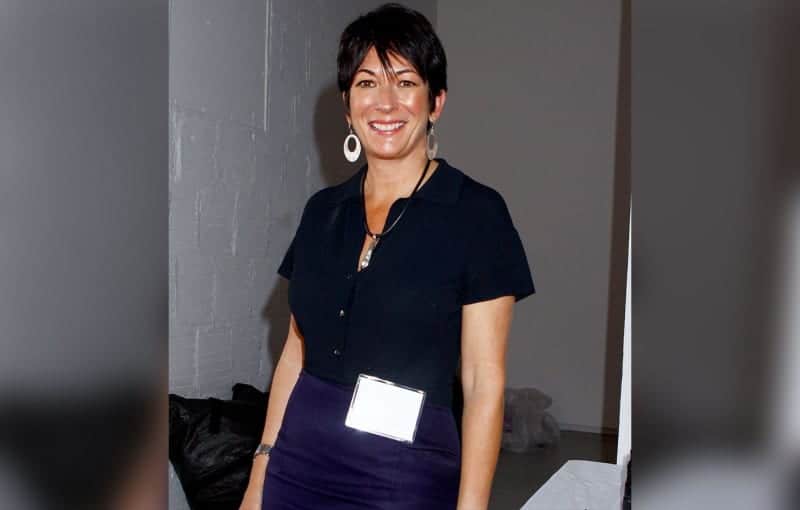
Since Epstein’s suicide, Maxwell has been the sole custodian of the “empire of dirt” that they built up over more than three decades working as an intelligence source for Israel, Saudi Arabia, Russia, and other countries.
They used their power to exploit the vulnerable and underaged, all the while hiding in plain sight within the innermost circles of the establishment.
That, there, is the answer to the aforementioned question of why she allegedly procured these young women for Epstein.
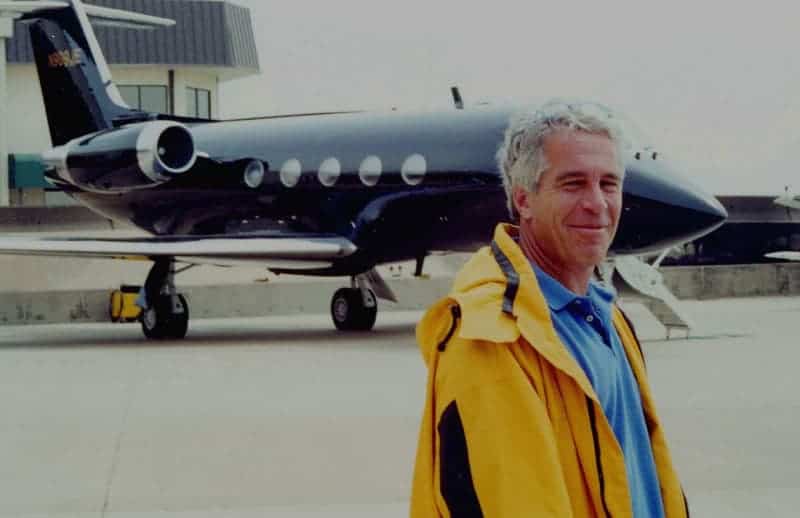
They used their access to trap the rich and famous and traded in the dirt they had on them to the world’s most secretive intelligence agencies. It explains how he and Maxwell amassed their respective fortunes when neither had legitimate jobs.
The current prosecution of Maxwell is little more than a convenient legal circus, bending to the whim of public outrage. The truth is that top levels of government and law enforcement knew what was going on. Those same people are supposed to protect the 36 young and innocent women who the FBI has identified as victims of Epstein.
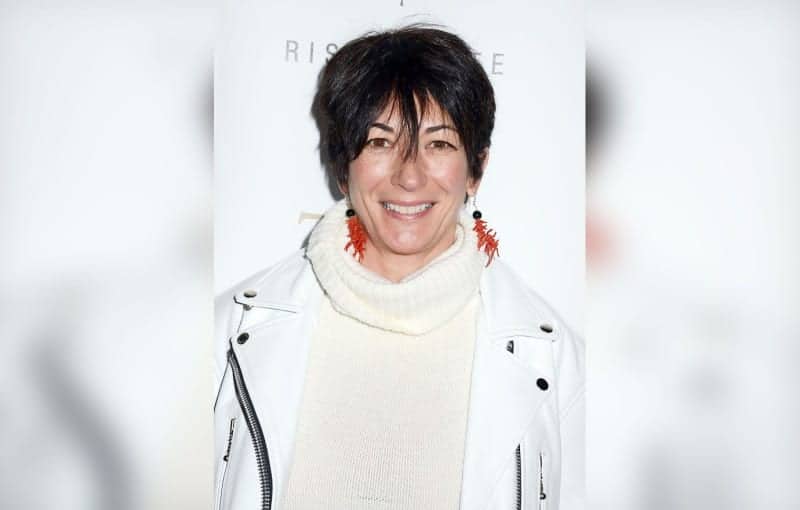
These are the questions the SDNY needs to be asking:
- Who knew about Epstein and Maxwell’s criminal enterprise?
- When did they first learn about it?
- How did they come to know about it?
- Why did they do nothing to stop it over the course of more than three decades?
The answers will be found in a complicated web of power and corruption — and those behind it are hoping the current trial of Maxwell will deflect attention from. It is the trial equivalent to an over-staged prosecutorial performance, one that, somehow, inexplicably, leaves Maxwell on a razor edge of guilt or innocence, due to nothing more than the limited scope of the charges she faces.
Epstein and Maxwell were one of most disturbing criminal networks in American history. That, it seems, will never be prosecuted.
In the meantime, be prepared for the jury foreperson to mutter the words “not guilty” at the end of what is expected to be six-week trial. Maxwell’s team don’t need to prove a thing; all they need do is show doubt.
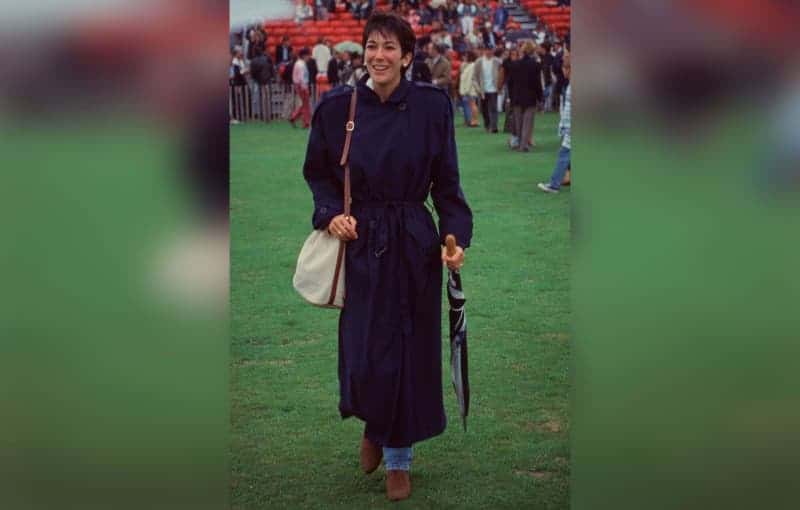
It is the prosecution who bears the burden of proving that the defendant is guilty beyond all reasonable doubt. Maxwell’s conviction – or acquittal – largely relies upon the testimony of her alleged victims, all of whom will be called upon to relive memories dating back decades.
The defense has to date shown that the accusers’ memories are to an extent unreliable. To prevail, all they need do is simply befuddle the jury about their testimony to demonstrate that Maxwell might not — or could not — have done what is alleged against her … and any weakness presented thus far have been torn apart.
What’s more, with Maxwell herself expected to take the stand, she too is likely to take a turn in attacking the credibility of her accusers. As nauseating as that sounds, it’s her only card to play if she is to walk free again. Even more nauseating, the chances of that being a winning hand remains a distinct possibility.
